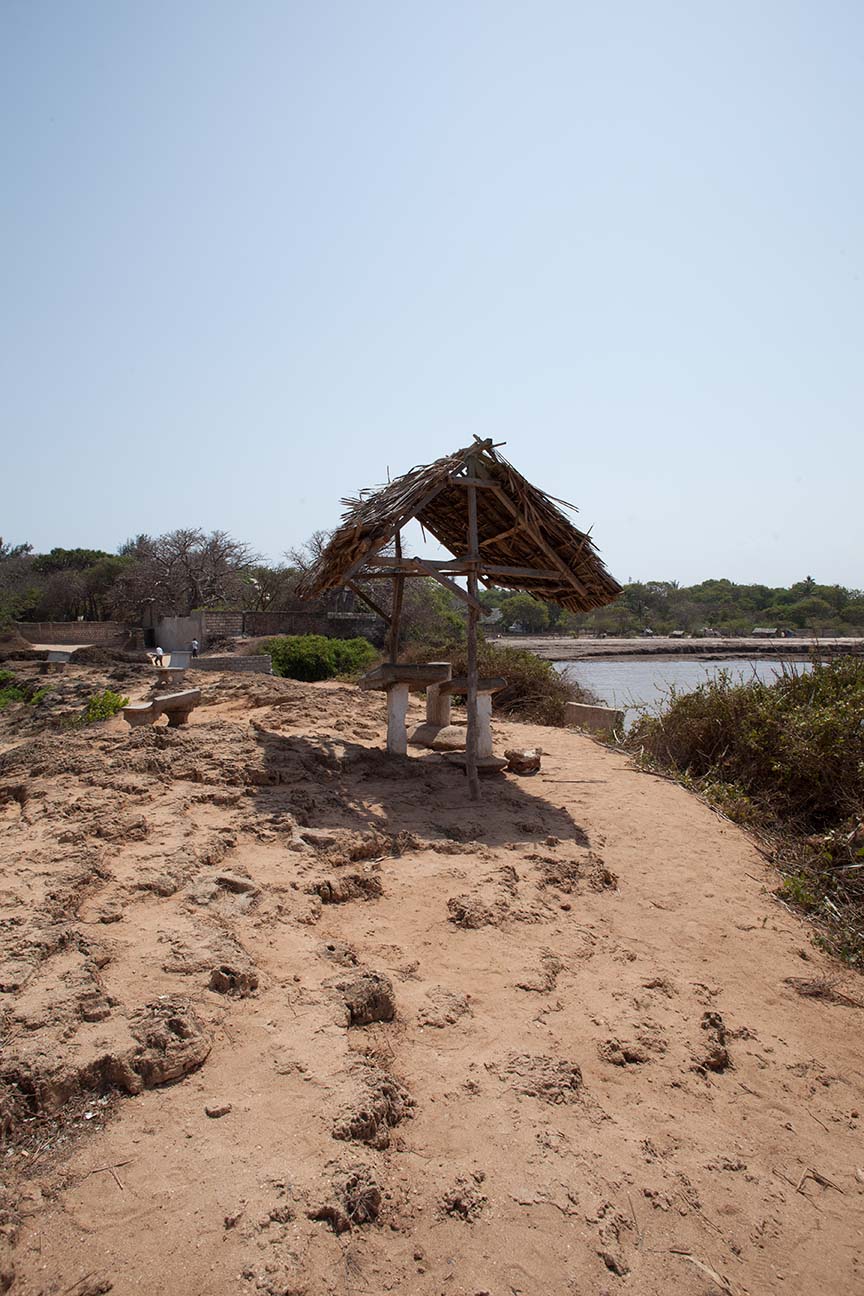

Even still as i asked and timelines had passed, i was replied rudely when i now demanded for this information being told that they don't like dealing with customers who make demands. This time, i had to keep asking for details about my package arriving for over a week before they could confirm to me any of this. Even though there were severe delays in shipping, i was very understanding because the communication lines were always open n they maintained a certain level of transparency. They assured the President of their support saying they look forward to working with him in ensuring ALMA’s target of eliminating Malaria from Africa by 2030 is achieved.I feel obliged to write this review even though i had written one in another forum. President Kenyatta singled out insecticide and drug resistance, and effects of climate change which impact on mosquito breeding sites, as the other areas of focus during his tenure at the helm of ALMA.ĭr Abdourahmane Diallo, the chief executive officer of RBM Partnership to End Malaria and the African Union Commissioner for Social Affairs Mrs Amira El Fadil congratulated President Kenyatta on his appointment as the new head of the continental advocacy institution. We need strategies that are tailored to local malaria transmission settings.” Said Dr Tedros Adhanom Ghebreyesus Director-General World Health Organization. We need reliable and accurate surveillance and response systems. We need affordable, people-centred health services. Achieving our common vision of a malaria-free world will also require enhanced action in other critical areas. With support from the Global Fund to Fight AIDS, Tuberculosis and Malaria and from Unitaid, other promising tools are being tested, such as new types of ITNs and tools that target outdoor-biting mosquitoes. “Evidence and experience from the programme will inform policy decisions on the vaccine’s potential wider use in Africa. “The aim of this strategy is to ensure that all our citizens, in all spheres of life and at all levels are aware of their malaria situation and are empowered to act,” the President said.Īccording to World Malaria Report by the World Health Organisation 2019 through a WHO-coordinated pilot progamme, Ghana, Kenya and Malawi recently introduced the world’s first malaria vaccine in selected areas. “This, I believe, will enhance the sharing and transparency of country malaria scorecard for accountability and action, and promote African-led malaria research and development, leveraging on existing African research institutes. He said African Union member states must also be supported to enhance digitization and the use of real time malaria data at various levels. President Kenyatta also called for the formation of an ALMA youth advisory group dubbed the “malaria army”, that will work with African youth leaders to champion political and resource commitment to promote innovation, research and development. “This will include the use of innovation and technology, to introduce sub-regional scorecards for review and action by Heads of State and Governments, to share lessons learnt and best practices, and to use awards of excellence at regional level to recognize good performance,” the President said. President Kenyatta, who takes over the leadership of ALMA from King Mswati III of Eswatini, said he will work with regional economic communities to engage Heads of State and Government in providing solutions to challenges facing the fight against malaria. “End malaria councils and end malaria funds are very important to country-owned mechanisms in enhancing country level prioritization of malaria,” the President said. He said the move will boost high level multi-sectoral engagement and advocacy to enhance domestic resource mobilization from new sources such as the private sector. In 27 of these countries, the percentage of suspected cases tested was greater than 80% in 2018 however, in Congo, Gabon, Kenya and Mauritania, less than 50% of suspected cases in the public health sector were tested for malaria.īriefing the press at State House, Nairobi, the President said one of his strategies is to establish fifteen national ‘end malaria’ councils and funds to address the resource gap in the fight against the disease. Data reported by National Malaria Programmes (NMPs) from 38 moderate to high transmission countries in sub-Saharan Africa show a considerable increase between 20 in the number of suspected malaria cases tested with a parasitological test.


 0 kommentar(er)
0 kommentar(er)
